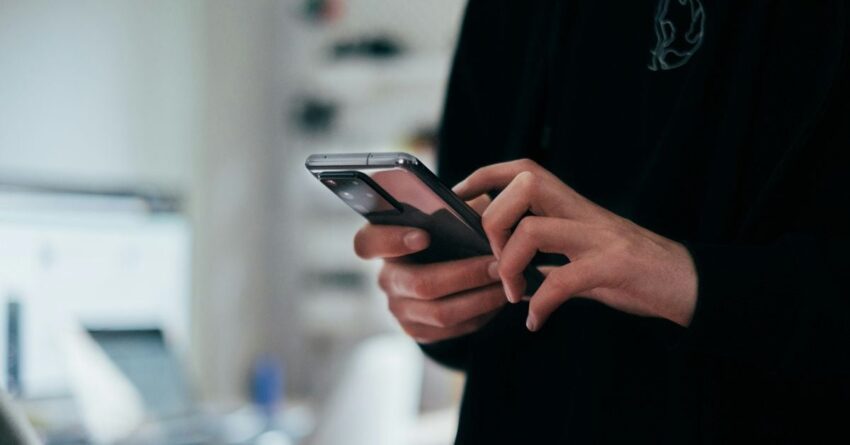As millions of travelers head to airports during the busy summer season, the Transportation Security Administration (TSA) has issued a stronger warning about the risks of charging devices at public USB stations. Knewz.com has learned that the advisory comes amid renewed concerns about “juice jacking” and a newer, more advanced threat known as “choice jacking.”
TSA warns against using public charging stations

The TSA urged airline passengers to avoid plugging phones or other devices directly into public USB ports, which are common in airports. Instead, the agency advised travelers to carry their own charging solutions. “Bring your TSA-compliant power brick or battery pack and plug in there. … When you’re at an airport, do not plug your phone directly into a USB port,” the TSA said in a statement. The warning highlights that public charging points could expose travelers to hidden cybersecurity risks.
‘Juice jacking,’ a new form of cyberattack

Juice jacking is a form of cyberattack in which hackers exploit public USB ports to install spyware or malware on devices. Once connected, a compromised charging station can transfer harmful software, potentially giving attackers access to personal files, stored data and even login credentials. “Public USB ports should never be treated as safe,” said Adrianus Warmenhoven of NordVPN. The FBI and cybersecurity experts have previously warned that juice jacking incidents, although difficult to track, are an ongoing concern in high-traffic locations such as airports and train stations.
‘Choice jacking,’ an evolution in public charging threats

A more recent threat, known as “choice jacking,” has raised new concerns. According to Warmenhoven, this method is “a dangerous evolution in public charging threats.” Instead of relying solely on hidden malware, attackers trick users with a prompt that encourages them to enable data transfer on their device. “With a single deceptive prompt, attackers can trick people into enabling data transfer, potentially exposing personal files and other sensitive data,” Warmenhoven explained.
The different risks for Android and iPhone users

According to reports, attacks on Android phones “exploit permissions for peripherals” using Android’s Open Accessory Protocol for accessories such as mice or keyboards. “Attackers can then begin hijacking system input through ADB (or Android Debug Bridge), which can simulate user input and change the USB mode to allow data transfer. The attack then proceeds with a series of commands aimed at gaining complete control of the device and gaining key access for further control.” On the other hand, iOS differs slightly and offers users a bit more protection. As the outlet Android Authority explains, “A rigged USB cable or charger can be used to trigger a connection event for a Bluetooth device. … Although it may appear as a regular Bluetooth-based audio accessory to your iPhone, it could act as the machinery to secretly allow data transfer and gain access to specific files and photos. However, it cannot access the entire iOS system as it can on Android.”
The post TSA issues chilling warning to smartphone users appeared first on Knewz.
Click this link for the original source of this article.
Author: Samyarup Chowdhury
This content is courtesy of, and owned and copyrighted by, https://knewz.com and its author. This content is made available by use of the public RSS feed offered by the host site and is used for educational purposes only. If you are the author or represent the host site and would like this content removed now and in the future, please contact USSANews.com using the email address in the Contact page found in the website menu.







